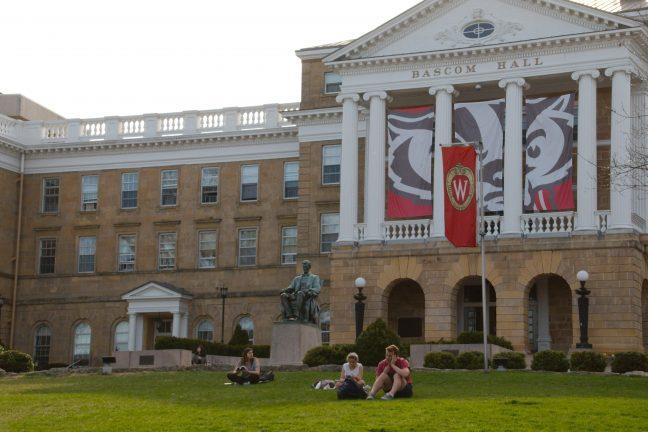This past fall, the Tommy G. Thompson Center on Public Leadership surveyed 530 undergraduate University of Wisconsin students to understand their views on free speech and religious liberties. The survey included questions ranging from whether students believe the government should restrict offensive speech to determining if business owners have a right to refuse employees or customers certain services and goods on a religious basis.
In publicizing the research, the Thompson Center concluded that the results were “troubling” and that many UW students “do not understand what constitutes protected speech or activity under the First Amendment,” in that many responses revealed “substantial opposition to established free speech principles and religious liberties.”
For context, 98% of respondents fell between the ages of 18 and 23, 48% self-identified as Democrats, while 15% reported as Republican. Sixty-eight percent graduated high school in Wisconsin.
Taken at face value, the survey results are problematic. In the report’s Executive Summary, the Thompson Center highlights that 63% of respondents believe the government should punish hate speech, in addition to the nearly 35% of respondents who agree universities should be allowed to revoke the invitations of speakers who might offend someone. Considering the Supreme Court has ruled that hate speech is permissible under the First Amendment, these particular results would demonstrate a lack of understanding of free speech principles.
But, the research findings are misleading, and further examination of the survey results demonstrates greater respect for free speech among undergraduates than implied.
The final section of the research report shows the survey questions and the response frequency, where it is abundantly clear these questions are simply not nuanced enough to gauge students’ true views on free speech issues. While certain responses are more sympathetic to hate speech restrictions, other results line up with First Amendment principles. Over 95% of students do not believe that the government should restrict the speech of conservatives, liberals, progressives or socialists.
On the other hand, survey questions such as “Social media companies should not restrict users based on the content of their posts,” which the majority of those surveyed disagreed with, allow for too much personal interpretation to indicate definitive results. A social media company’s decision to remove posts that promote sex trafficking greatly differ from banning conservative viewpoints, but this question does not make that distinction.
In response to the survey, three UW professors published an op-ed criticizing the research design and noting a lack of “faithful reporting” of the extent of the results. While they agree the question wording is unclear, they also point out that contrary to the Thompson Center’s claim that undergraduates oppose free speech, 88% of respondents agreed with the statement, “One person should not be able to prevent another person from speaking because they hold an opposing view.” To be clear, 88% of responses to this question ranged from slightly agree to strongly agree, with the remaining neutral or opposed.
Another valid point the professors argue is the questions and positions described in several of the survey’s questions feature views traditionally found on the far right, like climate change denial or a business owners’ right to refuse services and goods, such as contraceptives, on the basis of religion. A more comprehensive report would also ask questions regarding comparable “liberal talking points.”
Examining both the research report and survey critique — which together ironically offer further insight into free speech practice and open debate — it’s evident the results are inconclusive. But, moving forward, the Thompson Center suggests the university could “require students to receive some instruction on the First Amendment or otherwise show First Amendment competency in order to graduate,” or instead require students to take a course in the political science department or law school on the First Amendment.
Similar to ethnic studies and other general university and college requirements, it is fair to encourage students to take American history or Constitutional law courses with a focus on the First Amendment, which is very much in line with UW’s mission. Still, the Thompson Center’s report over-exaggerates students’ viewpoint opposition to free speech and religious liberty — at least at UW — and ultimately offers a prescription for a problem that we cannot conclude is prevalent on this campus.
Anne Isman (aisman@badgerherald.com) is a sophomore majoring in economics and international studies.


